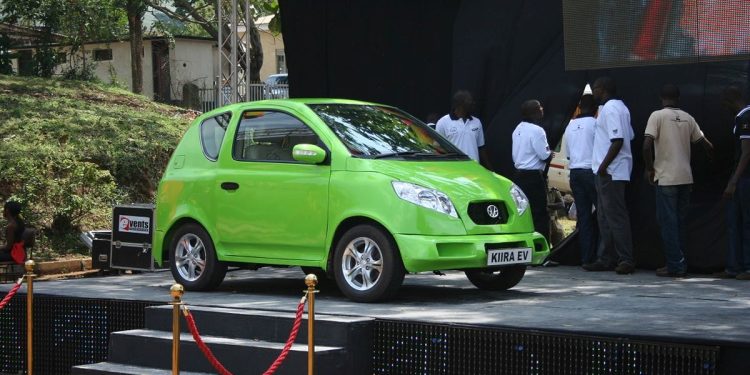Uganda has increased import duty from nil in the previous financial year to 25 per cent on fully electric vehicles, hybrid vehicles, and electric motorcycles.
- The measure has pushed up the cost of a Nissan Leaf at Motorcare Uganda by over USh 51 million ($13,750), from USh 204.3 million ($55,000) to USh 255.3 million ($68,750), the most affordable model in Kampala.
- When import duty was zero-rated, Uganda Revenue Authority (URA) car import data shows that electric car imports reached 420 units in the 2023-2024 financial year, a stark contrast from 26 previously when the tax man was collecting the duty.
- The data shows 403 vehicles are hybrid while 17 are fully electric, this also sends signals that subsidies work, and they managed to sway away some Ugandans from driving purely gas-powered cars to hybrids and electric.
On the other hand, companies manufacturing electric vehicles, electric batteries, or electric vehicle charging equipment or fabricator of a frame and body of an electric vehicle; and employ 80 percent of Ugandans will not pay Stamp Duty Tax in the 2024/2025 financial year.
The exemption is part of the amendments in the Stamp Duty (Amendment) Bill, 2024 that was passed during plenary sitting on Monday, 06 May 2024, chaired by Speaker Anita Among.
According to the Bill, to further quality for the exemption; the companies shall have the capacity to use at least 80 per cent of the locally produced raw materials, subject to availability;
The Chairperson of the Committee on Finance, Planning and Economic Development, Amos Kankunda, added that the company is required to have a minimum investment capital of US$10 million in case of a foreigner, or US$ 300,000 in case of a citizen or US$ 150,000 in case of a citizen who invests up country.
According to a report by the International Energy Agency, more than half of the electric cars on roads worldwide are found in China. The country was also responsible for 35 per cent of global EV exports in 2022.
See Also:




